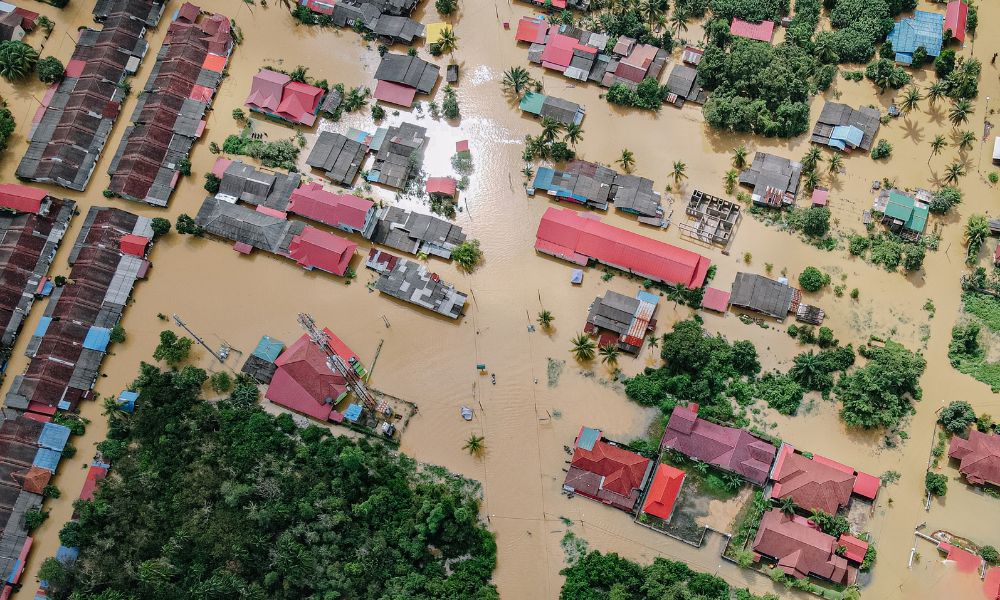
Natural disasters, such as major flood events, can have devastating consequences on both human lives and the economy of a region.
These events are often unpredictable and can cause widespread destruction in a matter of hours.
In this blog post, we will delve into the immediate economic impacts of a major flood event in a region.
From infrastructure damage to business disruptions, we will explore how these events can have far-reaching consequences.
One of the most immediate and noticeable impacts of a major flood event is the damage to infrastructure.
Roads, bridges, and public buildings can be severely affected, leading to disruptions in transportation and communication.
| Are you a Tax Lawyer in USA? 👉Transform Your Brand: Click for Metamorphosis👈 |
This damage not only hinders the movement of people and goods but also requires significant financial resources to repair.
Local governments and federal agencies must allocate funds to address these critical needs, diverting resources away from other essential services.
Homes and businesses are often the hardest hit during a flood.
The destruction of residential and commercial properties can lead to substantial economic losses.
Property damage includes not only the cost of repairing or rebuilding structures but also the loss of valuable assets and possessions.
Many people may not have adequate insurance coverage, leaving them with a heavy financial burden.
Agriculture is a vital component of the economy in many regions, and major floods can devastate crops and livestock.
Fields can be submerged, and animals may drown or be displaced.
The immediate economic impact is a loss of income for farmers and agricultural workers.
Moreover, the effects can ripple through the food supply chain, leading to higher prices for consumers.
Flood events disrupt business operations, leading to lost revenue and economic instability.
Many businesses may have to shut down temporarily or even permanently if the damage is too severe.
This can result in job losses and decreased economic activity in the affected region.
Furthermore, businesses that rely on the affected area for supplies or customers may also suffer losses.
In the immediate aftermath of a major flood event, governments and relief organizations must mobilize quickly to provide assistance to affected communities.
This includes rescue operations, emergency shelter, and the distribution of food, water, and medical supplies. These costs can be substantial and strain government budgets.
Additionally, funds that could have been allocated to other critical needs, such as education and healthcare, may need to be redirected to address the immediate crisis.
Many individuals and businesses affected by major floods rely on insurance to recover their losses.
While insurance can provide a crucial financial safety net, the sheer volume of claims following a widespread flood event can strain the insurance industry.
This can lead to increased premiums for policyholders in the affected region, further burdening households and businesses.
Regions that depend on tourism may experience a sharp decline in visitors following a major flood event. Tourists may cancel their trips due to safety concerns or inaccessible destinations.
The tourism and hospitality sectors, which are often major economic drivers, can suffer significant losses, resulting in layoffs and reduced economic activity.
Major flood events have immediate and far-reaching economic impacts on the affected regions.
From infrastructure damage to property losses, disruptions in agriculture and business operations, and the strain on emergency response resources, the economic toll can be staggering.
Understanding these immediate impacts is crucial for governments, businesses, and communities as they work together to mitigate the effects of floods and build resilience in the face of future disasters.
Long-term recovery efforts are equally important, but addressing the immediate economic challenges is the first step toward rebuilding and revitalizing a region after a major flood event.